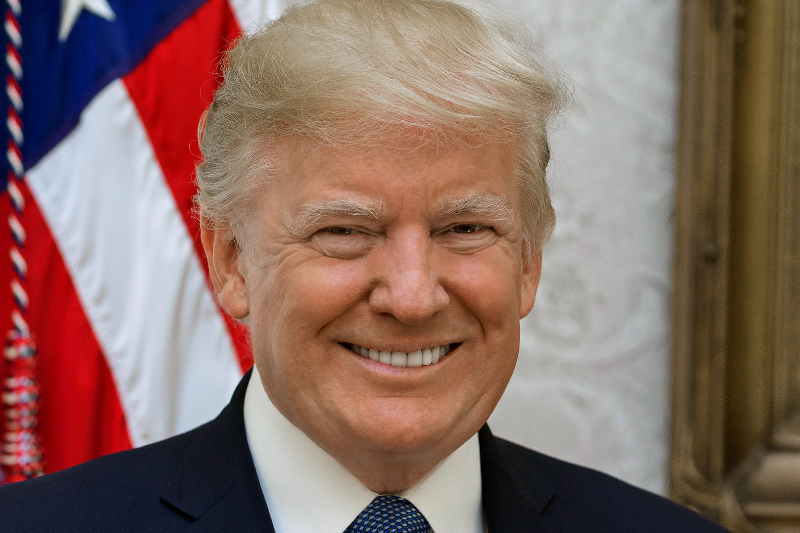
(C): Pop Base – twitter
Last updated on June 14th, 2025 at 02:53 pm
The American jewellery industry is a pillar of the luxury goods market and is warning that the US was exploring tariffs on natural diamonds that would not only harm the industry at-large but could impact over 200,000 jobs across the country. The World Diamond Council (WDC) states that even though the US is not a producer of natural diamonds, it is still the largest consumer, with the industry contributing over $117 billion annually to the national economy.
The WDC recently stated that a tariff on natural diamonds would be a consumption tax and greatly increase the price of engagement rings, anniversary gifts, and other jewelry essentials for American families. Retailers are already beginning to feel the squeeze, with retailers being concerned with inventories and starting to see signs of price increases. The disruption caused by a tariff could have serious sector-wide impacts all the way through the value chain, from jewellers to manufacturing, impacting livelihoods and competitiveness of the sector.
Relationship Between Tariff on Diamond and Job Cuts:
The US jewellery industry has an estimated yearly sales value of $91.5 billion, employs about 193,000 retail workforce, and supports thousands more through domestic manufacturing and direct jobs relating to exports. Tariffs could destabilize these jobs, and also affect allied sectors such as marketing, logistics, and design. The WDC and India’s Gem & Jewellery Export Promotion Council (GJEPC) are actively speaking against the implementation of tariffs on natural diamonds. Together, they highlight the global interdependence of the jewellery trade.
WDC Chairman Feriel Zerouki recognized the need for a fair and reciprocal trading relationship, stating that we need to make policy decisions that protect jobs in America and protect US consumers. These tariffs proposed could complicate an opportunity for a possible Bilateral Trade Agreement, not only disrupting individual economies, but potentially taking away many American jobs. In this one-in-a-lifetime policy discussion, there are multi-million-dollar industries, and the jobs and people they represent, at stake.







